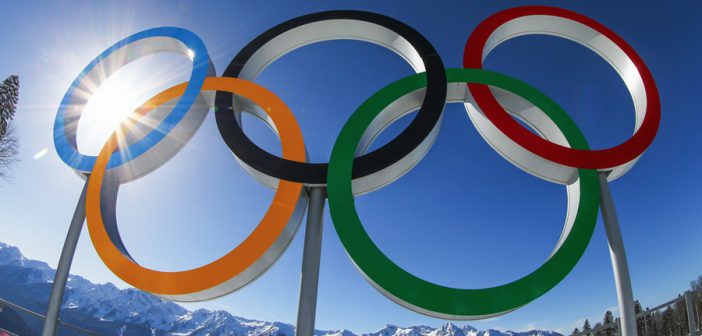Olympics marketing campaigns got an early start — but mostly among non-sponsors, according to marketing intelligence company Origami Logic, which has been analyzing Olympics brand marketing campaigns for both sponsors and non-sponsors.
Historically, most marketing activity related to the Olympics has focused on the two-week period of the games. This year, however, is different, and some brands have already activated campaigns, says Origami CEO Opher Kahane.
“In the past, the only brands that could do Olympics-related promotion during the games were sponsors, who paid a lot of money to either the International Olympic Committee (IOC) or a country’s Olympic committee, like the United States Olympic Committee (USOC),” he says. “Last summer, the IOC announced a change to what is known as Rule 40 and gave non-sponsors the opportunity to run ads starring Olympic athletes during the games.”
But in order to be able to do that, a non-sponsor had to start their marketing campaigns no later than March 27 and then run them continuously through the Olympics.”
“As a result of this change to Rule 40, brands who aren’t official sponsors have jumped on the Olympics bandwagon and have been promoting Olympic athletes in marketing campaigns,” he says. “For example, Under Armour has received a lot of attention with their ‘Rule Yourself’ campaign that features Michael Phelps and the U.S. women’s gymnastics team. Other non-sponsors include Gatorade, Skechers and Speedo.”
Adidas has been the most active non-sponsor in the social channels, Kahane tells Marketing Daily. The sports brand kicked off their #SpeedTakes campaign on March 27 and they have shown consistent activity ever since.
“Thus far, they have posted 21 videos to their YouTube channel, each one featuring an Olympic athlete,” he says. “Once a video is posted, they then have published messages promoting the video to other channels, like Facebook, Instagram and Twitter.”
Activity by sponsors has been light so far compared to non-sponsors, Kahane says.
“Adidas’ #SpeedTakes campaign has not just overshadowed the campaigns by other non-sponsors, it has also been far more active than those of official sponsors,” Kahane says. “In fact, most sponsors have done very little thus far. As a point of contrast, one of Adidas’ biggest competitors — Nike — is an official USOC sponsor and has posted only two Olympics-related messages on each of the social platforms — Facebook, Instagram, Twitter and YouTube.”
The lack of activity from sponsors thus far, however, is not surprising, he says. Because they are sponsors, they were not obligated to show “continuous” activity starting March 27.
“Now that we are within two months of the start of the Games, we expect to see things pick up,” Kahane says. “To that end, on June 21, Visa, an official IOC sponsor, launched their global Olympics campaign with “Carpool,” which features more than 20 Olympic athletes.”
This article first appeared in www.mediapost.com

